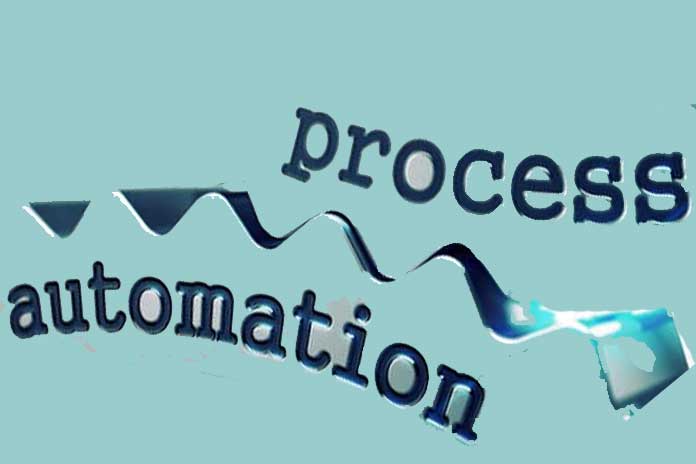Process Automation: Its Importance And Its Necessary Tools

Automation has become one of the critical factors for business success. However, many companies need it.
In recent years, process automation has become one of the critical factors for sustainable corporate success and represents an essential step towards Industry 4.0. In both medium-sized and large companies, RPA applications already determine many individual work areas. Despite the long list of advantages, such as faster and error-free processing of processes, if the individual automation areas are not connected, there is a risk of an uncontrolled situation, leading to a standstill of essential parts of the company.
Processes in and of themselves can only be improved up to a certain point – a combination of all applications, however, harbors further automation potential. The implementation, the subsequent monitoring, and the regular improvement of such a complex system require an internal knowledge of the company structures and working methods. For this reason, RPA providers should take a somewhat more cautious position by using the know-how of later users and helping people to help themselves.
Implement Process Automation With The Necessary Tools
Such an orchestration assigns specific tasks to various internal company services, processes, web services, applications, or workloads and controls their interdependencies. Ideally, all of these areas benefit from each other and thus optimize how the entire company works. To achieve this and to recognize and avoid hidden hurdles within internal processes, a toolbox is recommended that on the one hand comes up with modules tailored to the user, but on the other hand, gives him the freedom and flexibility to independently add further modules through additional commitment to create or to have them created.
When used correctly, this solution enables him to automate on different levels using different methods. However, these should not be disruptive but rather evolutionary within the framework of a developed automation roadmap to optimize and exchange as far as possible without interruption – the user is therefore provided with all the necessary access to surface and backend components. In this case, the ax in the house saves the carpenter and, thanks to its independence, offers an entirely new type of automation service. ”
Also Read: Automation Makes Human Labour More Productive
Combined Knowledge Leads To The Goal
Developing automation skills is like learning to ride a bike: theoretical knowledge about how to use a tool itself, be it figuratively about the bike, or specifically about the automation software, does not make a master and even a tour with the most virtuoso The driver sometimes ends up in nowhere without planning a route. Training courses, therefore, initially convey a technical understanding of the tools – the level of prior knowledge required proves to be relatively moderate with modern RPA tools.
When it comes to the relatively more significant challenge of the actual planning to implement a clean RPA strategy that is as goal-oriented and solution-oriented as possible, only experience helps. Here, too, experts can help if required but only convey a particular sensitivity for specific indicators and how to deal with them. Such assistance functions as a kind of blueprint for the user, who adapts it to the actual situation in the company.
Technical training is thus a simple acquisition of knowledge while imparting approaches can actually be described as helping people to help themselves and thus extends over a more extended period. This helps decrease continuously until the user can see which processes and steps fit into his higher-level roadmap.
Process Automation: On Hand With Help And Advice
From basic knowledge to advanced expert training to a fundamental practical part, the workforce can gradually acquire the sustainable handling of RPA. Even specialist knowledge for setting up a company’s competence center, which in such a case also treats the topic of change management as an essential component, can be part of the training concept. The entire company is taking a further step towards the independence mentioned above – not only in the area of RPA but towards holistic automation.
In the best-case scenario, the automation project should, of course, also be accompanied by specialists. Initially intensive in training, in the medium and long term in an advisory role and coaching. With this combined expertise of both sides, a perfect orchestration of all automated processes can be guaranteed.
